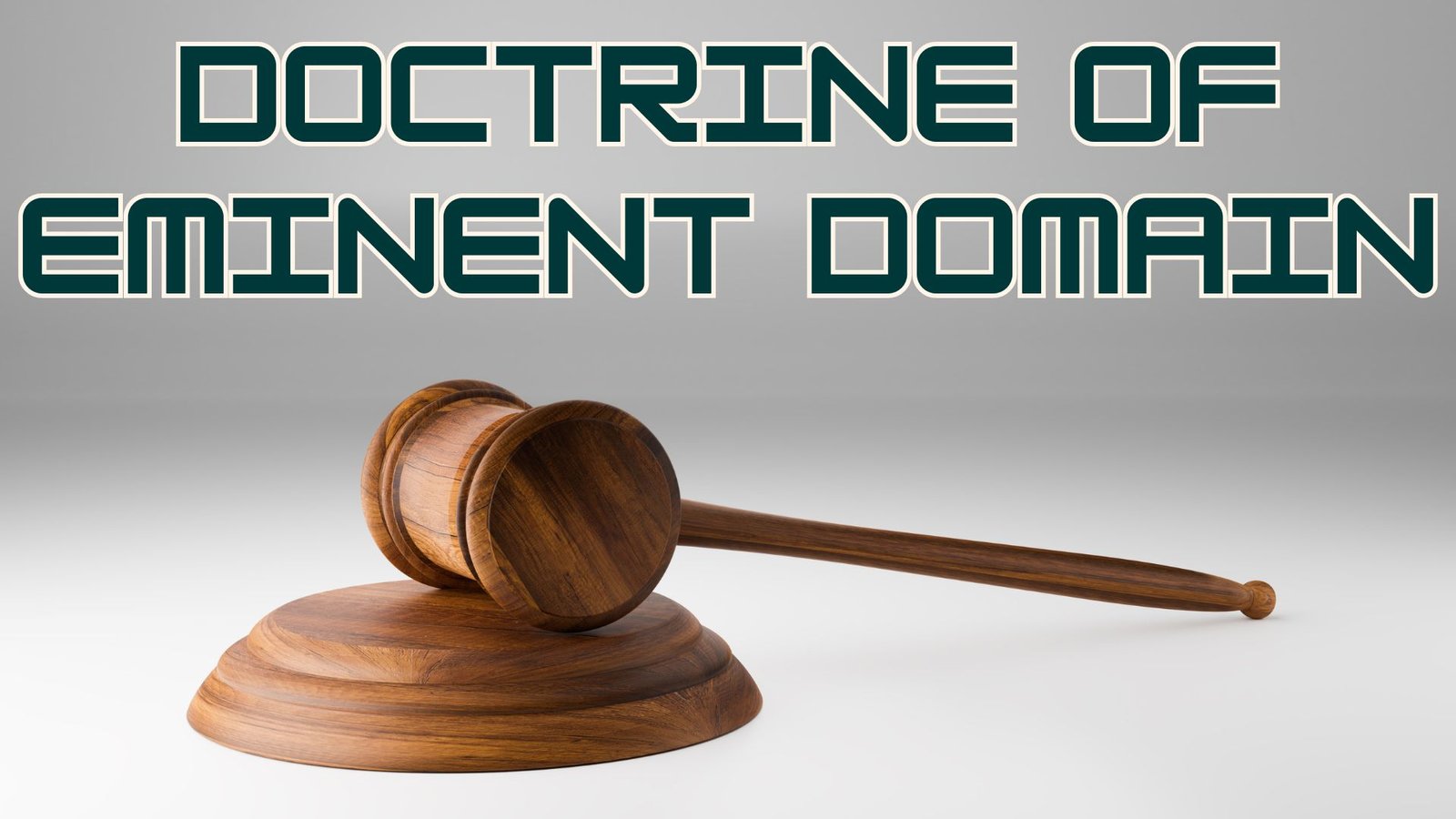On this page you will read detailed information about Real Estate Law in the United States.
As you navigate the complex world of buying, selling, or investing in real estate in the United States, an understanding of the governing laws and regulations is vital to protect your interests. With a myriad of policies at the federal, state, and local levels, educating yourself on the key concepts and common practices can empower you to make informed decisions. In this article, we will provide an overview of critical real estate laws related to property rights and ownership, contracts, zoning regulations, fair housing, taxes, and liens. Whether you are a first-time homebuyer, landlord, or seasoned real estate investor, insight into real estate law will enable you to pursue ventures knowledgeably and minimize disputes or liability. Let us explore the foundations of this intricate field.
An Overview of Real Estate Law in the US
To understand real estate law in the United States, it’s important to first comprehend the basic legal principles that govern real property. Real property, also known as real estate, refers to land and anything permanently affixed to it, including buildings and natural resources.
In the U.S., each state has its own set of real estate laws. However, most are based on common law, which is a collection of legal precedents established over hundreds of years. There are a few key areas of real estate law to be aware of:
Property rights
- Ownership: The rights to use, possess, enjoy, and dispose of property. The two main types are freehold (fee simple) and leasehold (tenancy).
- Easements: The rights to use or access another person’s land for a specific purpose, like a right-of-way. Easements can be temporary or permanent.
Contracts
- Deeds: Legal documents that formally transfer ownership of real property from one party to another.
- Leases: Contracts between landlords and tenants that establish the terms under which a property will be rented.
- Mortgages: Legal agreements where a borrower pledges their property as collateral to a lender in exchange for a loan.
Zoning and land use
Most areas have zoning laws that regulate how properties in certain geographic zones can be used and developed. Zoning laws aim to promote public health, safety, and welfare. They specify whether land can be used for residential, commercial, agricultural, or industrial purposes.
Dispute resolution
If disputes arise over property rights, contracts, or land use, the parties involved may need to resolve them through mediation, arbitration, or litigation (lawsuits) in civil court. Lawsuits can be costly and time-consuming, so alternative dispute resolution methods are often preferable.
By understanding the basic frameworks of property rights, contracts, zoning, and dispute resolution, you’ll have a solid overview of how real estate law works in the United States. Be sure to also stay up-to-date with the specific laws in your state.
In the previous post, we had shared information about The Doctrine of Eminent Domain: A Legal Overview, so read that post also.
Key Federal Laws Governing Real Estate Transactions
In the United States, several pivotal federal laws regulate real estate transactions and protect consumers. Familiarizing yourself with these acts is crucial for anyone involved in the buying or selling of property.
The Fair Housing Act
The Fair Housing Act prohibits discrimination in the sale, rental, and financing of housing based on race, color, national origin, religion, sex, familial status, and disability. It applies to private landlords as well as government housing agencies and ensures equal access to housing for all.
The Truth in Lending Act (TILA)
The Truth in Lending Act requires lenders to provide written disclosures of key terms and the total cost of loans to protect consumers. The law stipulates that lenders disclose the annual percentage rate (APR), finance charges, amount financed, total of payments, and payment schedule before the loan is finalized. TILA gives buyers a chance to compare different loans and make an informed choice.
The Real Estate Settlement Procedures Act (RESPA)
RESPA aims to inform homebuyers about settlement costs and prohibit kickbacks and referral fees that increase the cost of settlement services. The law requires lenders to provide a good faith estimate of closing costs within three business days of application and a final settlement statement at closing. RESPA makes real estate transactions more transparent and affordable for consumers.
Title Issues and Title Insurance
Title refers to the ownership of property, and title insurance protects buyers against losses from defects in the title. The title search examines public records for liens, back taxes owed, easements, and other issues to ensure a clear title before the sale is final. Title insurance guarantees the title is free of undisclosed defects, liens, or other encumbrances and indemnifies the owner against losses from defects in the title.
Familiarizing yourself with these seminal acts and title issues will make you a more informed and protected participant in real estate transactions. Following the regulations set forth in these laws is also mandatory for anyone facilitating the buying or selling of property.
State-Level Real Estate Laws and Regulations
In the United States, real estate laws and regulations are established at the state level. Each state has jurisdiction over the real property within its borders. As such, real estate professionals must be fully versed in the laws of their state. Some key areas of state real estate law include:
Licensing Requirements
Each state establishes the requirements to become a licensed real estate agent or broker. This typically involves a certain number of hours of real estate education, a licensing exam, background check, and licensing fees. Continuing education is also mandated to maintain an active license.
Property Rights
States define the rights of property owners within their borders. This includes laws around easements, water rights, mineral rights, air rights, etc. Property owners must understand their rights to properly buy, sell, and utilize their real estate assets.
Contract Law
The formation, execution, and termination of real estate contracts are governed by state contract law. Things like offer and acceptance, rescission periods, default, and breach of contract are defined in each state’s statutes. Real estate agents and brokers must use the proper state-approved contracts and forms for any real estate transaction.
Conveyance of Title
The transfer of legal title from one party to another, known as conveyance, is regulated at the state level. Requirements around deeds, title insurance, recording, and closing procedures are specific to each state. Conveyance must follow the state’s laws to legally transfer ownership of real property.
Property Taxes
State governments establish laws around the assessment and collection of property taxes. Tax rates, exemptions, and the appeals process differ in each state. Property owners and buyers should understand their state’s property tax laws to properly budget for this ongoing cost of real estate ownership.
In summary, real estate laws in the U.S. are made at the state level, so professionals must understand the requirements within their state. Key areas of state real estate law include licensing, property rights, contracts, conveyance, and property taxes. By staying up-to-date with their state’s real estate statutes and regulations, real estate agents and brokers can best serve their clients.
Common Issues in Real Estate Law
As with any legal matter, real estate law can be complicated. It’s important to understand some of the common issues that may arise when buying, selling, or owning property.
Property disputes
Disputes over property boundaries or ownership are common. It’s best to clearly establish legal property boundaries and ownership rights upfront to avoid confusion or conflict later. A survey of the land and a title search can help establish boundaries and identify any easements, liens, or other restrictions on the property.
Zoning and regulations
Most areas have local zoning laws and building codes that determine how a property can be used. Make sure any plans for the property conform to these regulations. Violating zoning or building codes can result in legal penalties, forced changes to the property, or even having to demolish non-conforming structures.
Foreclosure
If a property owner fails to make mortgage payments, the lender may foreclose on the property to recover the amount owed. Foreclosure means the lender takes possession of the property and may sell it to satisfy the unpaid debt. Property owners facing foreclosure have certain legal rights, including the ability to make up back payments, negotiate with the lender, or file for bankruptcy to stop foreclosure proceedings.
Eminent domain
Under eminent domain, the government can acquire private property for public use, even without the owner’s consent. However, the government must provide just compensation for the property. Property owners can challenge the government’s right to seize their property or the amount of compensation offered in court.
Property transfer and inheritance
Transferring property upon sale, gifting, or inheritance also requires following proper legal procedures to formally change ownership records. Failing to legally record a transfer of ownership can lead to legal and financial issues down the road. Wills, trusts, and estates should also be properly established according to state laws to avoid complications in distributing or inheriting property.
Following the law and taking appropriate legal precautions can help property owners and buyers avoid or resolve many common issues in real estate. Consulting with a real estate attorney is the best way to ensure your rights and interests are properly protected.
Real Estate Law FAQs: Your Top Questions Answered
As a homeowner or prospective buyer in the U.S., you likely have some questions about real estate laws and regulations. Here are answers to some of the most frequently asked questions:
I) A real estate purchase agreement or sales contract: Legally binding paperwork that outlines the terms of the sale.
II) Deed: Transfers ownership of the property to the buyer. The most common types are warranty deeds and quitclaim deeds.
III) Mortgage documents: If obtaining a mortgage loan, you’ll sign paperwork like a promissory note, deed of trust, and mortgage.
IV) Property disclosures: Provide details about the property’s condition, history, and any known issues. Required in most states.
V) Title insurance: Protects the buyer’s financial interest in the property.
Local governments zone properties to control how the land is used. Zoning designations like residential, commercial, industrial, or agricultural determine what you can build on the property and how it can be used.
Zoning is important to consider when buying real estate because it impacts your plans for the property and its potential value. If the current zoning does not match your intended use, changing it can be difficult and time-consuming. Check with your local planning department to understand the property’s zoning before you purchase.
Property taxes are annual taxes assessed on real estate based on the property’s value. They provide funding for local government services like schools, police and fire departments, infrastructure, and public works.
Most counties calculate property taxes based on the assessed value of the property, which may differ from the market value. Tax rates are expressed as a percentage of the assessed value. The specific calculation depends on where the property is located, but typically also considers factors like the property type, square footage, age, and amenities.
Property taxes are the responsibility of the property owner and are usually paid in one or two installments each year. Failure to pay can result in penalties and even foreclosure. So make sure you understand the property tax implications before buying a home.
Conclusion
As you have learned, real estate law in the United States is complex, with regulations that vary by state and municipality. By understanding the key concepts of property rights, types of ownership, title insurance, contracts, financing, taxes, and dispute resolution, you can navigate real estate transactions knowledgeably. Consult qualified professionals like real estate attorneys and agents to ensure full compliance and protection of your interests. Stay informed on laws and regulations that pertain to your property. With savvy and prudent conduct, you can make sound real estate decisions as an owner or investor. We hope this overview has illuminated how real estate functions legally in America and empowered you to pursue ventures in this asset class judiciously.
Disclaimer
The information and services on this website are not intended to and shall not be used as legal advice. You should consult a Legal Professional for any legal or solicited advice. While we have good faith and our own independent research to every information listed on the website and do our best to ensure that the data provided is accurate. However, we do not guarantee the information provided is accurate and make no representation or warranty of any kind, express or implied, regarding the accuracy, adequacy, validity, reliability, availability, or completeness of any information on the Site. UNDER NO CIRCUMSTANCES SHALL WE HAVE ANY LIABILITY TO YOU FOR ANY LOSS OR DAMAGE OF ANY KIND INCURRED AS A RESULT OR RELIANCE ON ANY INFORMATION PROVIDED ON THE SITE. YOUR USE OF THE SITE AND YOUR RELIANCE ON ANY INFORMATION ON THE SITE IS SOLELY AT YOUR OWN RISK. Comments on this website are the sole responsibility of their writers so the accuracy, completeness, veracity, honesty, factuality and politeness of comments are not guaranteed.
So friends, today we talked about Real Estate Law in the United States, hope you liked our post.
If you liked the information about Real Estate Law in the United States, then definitely share this article with your friends.








